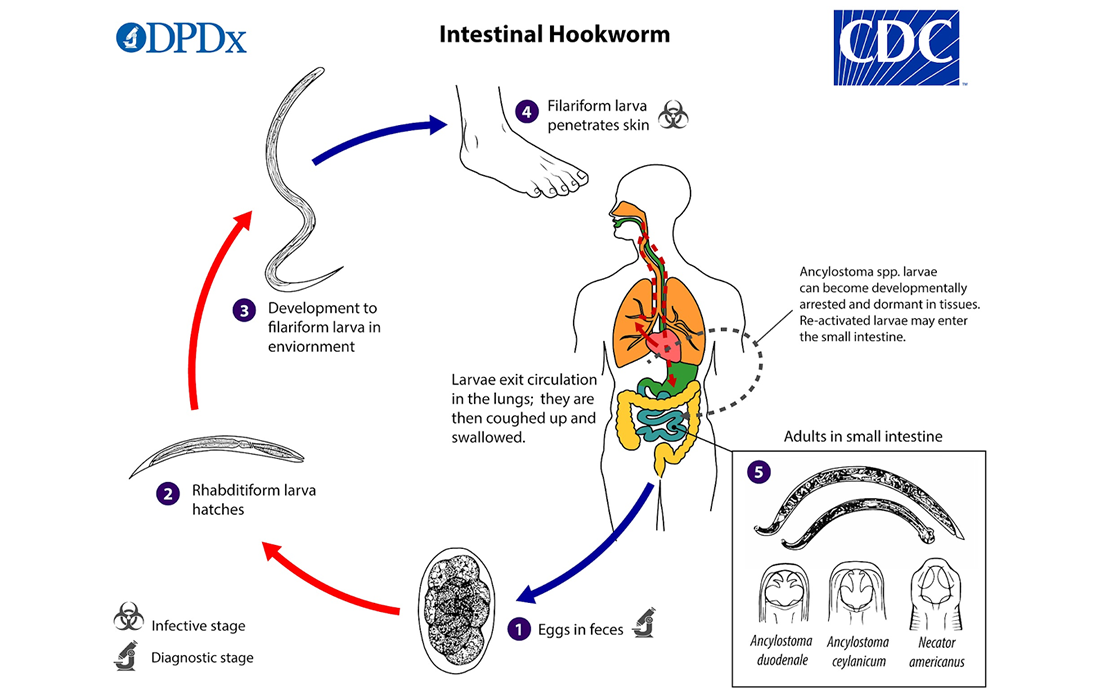Regenerative Medicine News and General Information
Using Parasitic Worms for MS Treatment
Multiple sclerosis (MS) is an immune-mediated central nervous system disease characterized clinically by neurological deficits with relapsing-remitting and progressive patterns and pathologically by inflammation, demyelination, and loss and damage to neurons.
The hygiene hypothesis postulates that certain infectious agentes, including gastrointestinal helminths protect against inflammatory diseases, including MS. These agents induce Treg lymphocytes, which regulate the immune response and prevent autoimmunity.
According to studies there is an inverse relationship between the prevalence and incidence of MS and infections with the nematode Trichuris and other intestinal parasites. Patients with MS that are infected with gastrointestinal parasites have milder disease than matched uninfected MS controls over 5 years.
In a study published in the journal JAMA Neurology, researchers evaluated the use of the helminth Necator americanus in relapsing remitting MS to determine its safety and clinical activity.
Study Development and Results
Necator americanus is a hookworm that infects only humans, and the infection is usually benign but can cause anemia in cases of high parasite burdens. It induces a mixed peripheral T-helper (Th) cell response with Th2 and Treg dominance.
A total of 66 MS patients with relapsing-remitting MS or secondary progressive MS with relapses were included in the study, and were randomly assigned to the treatment group (32) or to the placebo (34).
For this phase 2 placebo-controlled trial, the researchers used infective third-stage larvae of N americanus. The larvae were pipetted onto a gauze pad and placed on the arm for longer than 30 minutes.
The primary outcome was to evaluate the cumulative number of new or enlarging T2 lesions or newly enhancing lesions over months 4 to 9 postinfection.
The results at the end of the trial showed that the total number of new MRI lesions did not differ significantly between patients receiving hookworm and those receiving placebo. However, more than half the patients on hookworm had no new lesions at all.
Another finding was that those in the treatment group had an increased percentage of regulatory T cells.
The researchers concluded that the treatment was safe and that hookworm infection could be considered as a treatment option for some MS patients.
Sources:
Radu Tanasescu, et al. Hookworm Treatment for Relapsing Multiple Sclerosis. JAMA Neurology, 2020; DOI: 10.1001/jamaneurol.2020.1118
Image from:
https://www.cdc.gov/dpdx/hookworm/index.html

